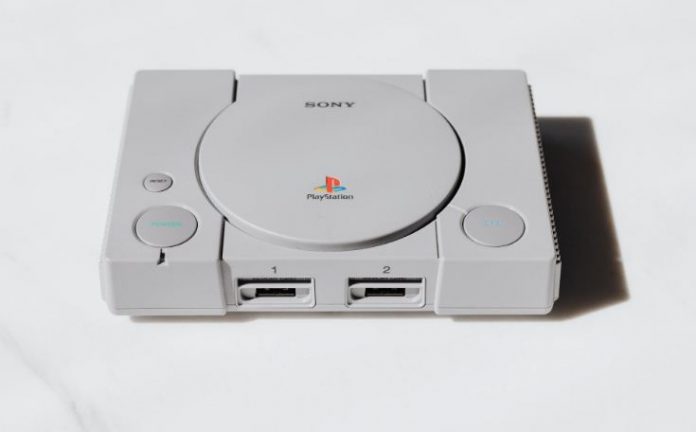When trying to decide which next-generation gaming console will give you the most bang for your bucks, remember that marketing folks will often use tricky language to mislead and impress you.
For example, Microsoft had announced that the Xbox 360 could do 9 billion dot product operations per second.
Sony replied by announcing that the PlayStation 3 was capable of 51 billion dot product operations per second.
That was a staggering difference! Surely Microsoft wasn’t planning to place such an underpowered little toy as a rival to Sony’s flagship product in the console market?
The real story is, the Sony marketing folks added CPU and GPU powers together to arrive at that 51-billion number, while Microsoft was giving only the CPU performance.
Taking also the GPU performance into account, the Xbox 360 does a good 33.6 billion dot product operations per second.
That still leaves the PS3 about 50% stronger than its nearest competitor. And processor-wise, too, it probably beats the MS product by some margin being based on a 7-unit, 3.2 GHz PowerPC processor, as opposed to the Xbox CPU which can handle no more than 6 threads at a time.
However, when discussing sheer graphics capability, it’s difficult to come to a decision. Sony and Microsoft use such widely different hardware that comparing them abstractly is almost impossible.
The PlayStation 3 contains an NVidia graphics system which, both NVidia and Sony claim, is more powerful than two GeForce 6800 GPU-s put together.
Microsoft, on the other hand, uses an ATI system custom-built for the Xbox 360. It uses something called the Unified Shader Architecture, which mixes up the vertex and pixel pipelines.
This is what makes the comparison difficult.
The 48 pipelines touted by Microsoft finds no answer in Sony’s marketing campaign, probably because Sony realizes they can’t adequately represent the fact that the number of pipelines isn’t the real issue here.
The NVidia RSX core will most likely have no more than 24 of them, but here we’re really comparing apples to oranges. Only a head-to-head stress test can produce the final verdict in this case.
In terms of support for additional media and data storage, the Sony PS3 is again clearly in the lead.
It has at least 6 USB ports, an SD slot, a memory stick slot, and even the option for adding a 2.5 removable hard drive.
The Xbox, in contrast, has only two memory card slots and a few USB slots that are claimed to be able to accommodate sundry peripherals, including Apple’s iPod.
However, it has the additional advantage of being able to access media from locally networked windows boxes.
Xbox supports dual-layer DVD-s which can hold at most 9 gigabytes of data, while Sony’s machine will support the company’s new Blu-Ray media format, which can cram in about 54 gigs into one disk.
Both the PS3 and Xbox 360 have an impressive line-up of games and game developers to their names.
These include sequels of time-tested blockbusters like Unreal Tournament, Spiderman, Metal Gear Solid, etc. for the Playstation, and Call of Duty, FIFA World Cup, NBA Live, Quake, Tiger Woods PGA Tour, etc. for the Xbox.
So while the two contending consoles are equal to each other in most respects, Sony really does gain the lead in the hardware department, though not by too great a margin.
However, you have to set against that the fact that the Xbox is already out there, selling great, while the Playstation 3 isn’t scheduled to make a debut till later this year.
So if you’re raring to go get the best next-gen console out there, and have a wallet equal to your aspirations, are you going to wait for your treat? I know I couldn’t if I were you.

